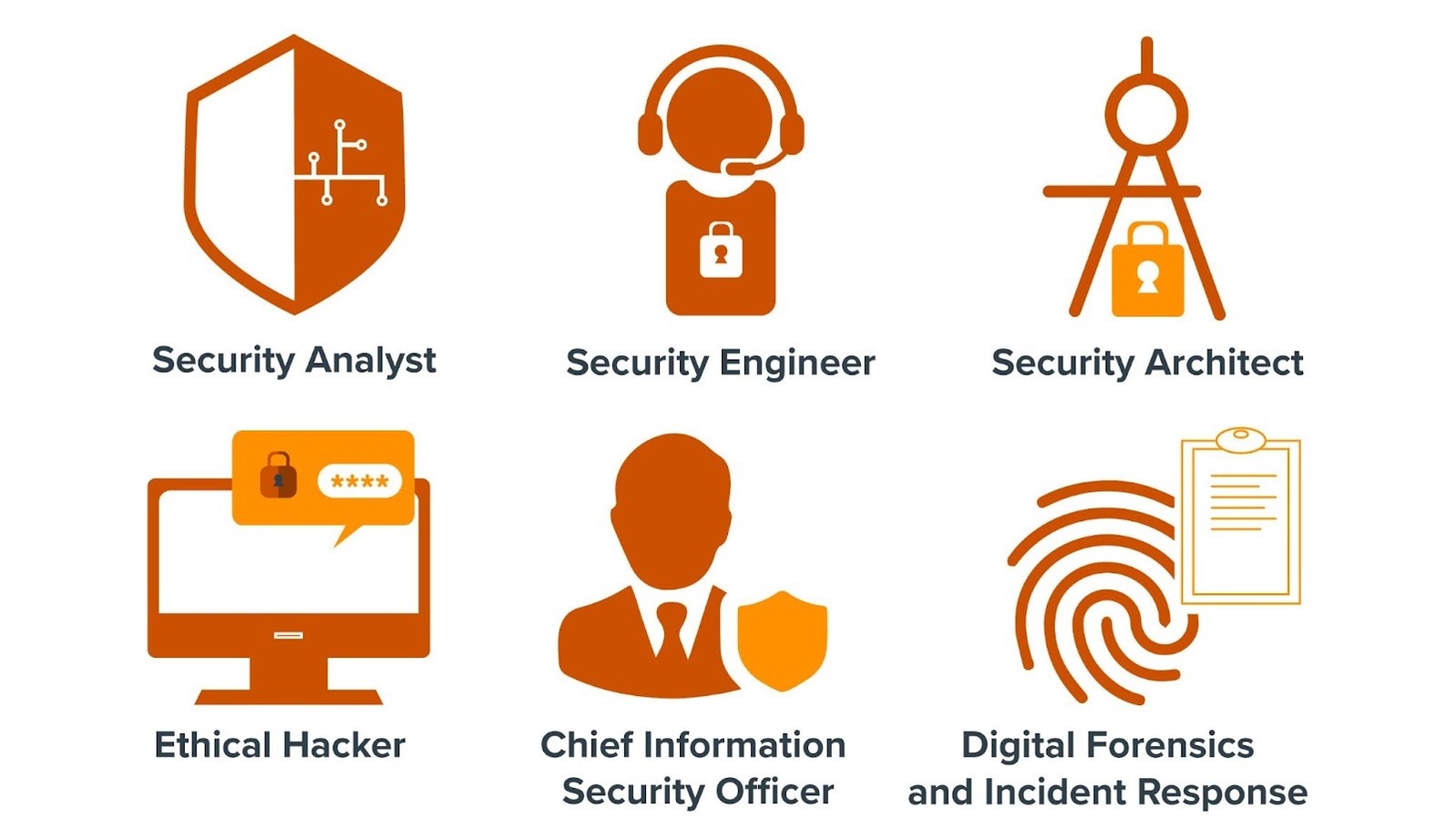Cybersecurity Skills to Acquire
Let’s take a look at the three key skills required to thrive in the cybersecurity domain. these skills are good for Cybersecurity Career Paths. Read our other post at bugify.in
1 – Problem-solving skills and attention to detail
To protect your business against cyberattacks, you need have a vigilant eye for even the smallest variations in the norm. A person who pays close attention to the details will be able to spot dangers and weaknesses quickly. When you are always monitoring networks and need to recognize security threats promptly, being alert is a crucial ability.
Once a risk or worry has been identified, you’ll need strong problem-solving abilities to put the ideal remedy into practice at the appropriate moment. This is crucial because it’s not always easy to understand the data you’re examining. You’ll need to make your next move based on the evaluation of intricate metrics and criteria.
2: Strong understanding of digital forensics
Any career in cybersecurity is a lifelong struggle against dishonest people trying to obtain unauthorized access to company data. Just like in any war, it’s unlikely that you’ll win every battle. Throughout your career, you will witness cyberattacks of varying degrees of success. Others will fail even before they start, while others may only partially succeed before being stopped, and still others may even succeed in fleeing the scene quickly.
Digital forensics’ key duties include identifying the perpetrators and retrieving stolen data, which is why many cybersecurity degrees include ‘computer forensics’ in their study curricula. Regardless of the specialization you ultimately pick, having a solid grasp of digital forensics can help you succeed in a career in cybersecurity. Understanding the causes and effects of failure will also help you secure your company’s digital assets and avoid security breaches.
3:Crystal-clear communication skills
Working closely with their coworkers, peers in different teams and departments, and even external stakeholders is necessary for cybersecurity professionals. To effectively express your issues, findings, and solutions to the appropriate parties, good communication is crucial. You will need to explain the complexities of information technology to people with various levels of technical knowledge as a cybersecurity specialist.
Cybersecurity Career Paths: Roles and Career
Employees in cybersecurity assist businesses from all sectors in enhancing their security posture and preventing or thwarting cyberattacks. This is crucial in the modern, digitalized corporate environment when a single data leak could permanently damage a company’s reputation and goodwill. Read about www.cybersehttps://www.cyberseek.org/pathway.htmlek.org
Approximately eight out of every ten senior IT security leaders believe their firms are not adequately safeguarded against cyberattacks, according to a February 2021 survey by IDG Research Services. Despite higher IT security investments in 2020 to address the difficulties of remote working
Depending on a variety of criteria, roles in the cybersecurity field have a wide range of job titles and duties. For instance, based on regulatory and legal obligations, various businesses (such as finance and healthcare) would have distinct cybersecurity requirements. But at its essence, cybersecurity is really about avoiding the wrong hands coming into contact with critical data.
There are lots of choices in cyber security career path.if you choose Cybersecurity Career Paths and soles they are as follows
- Cybersecurity auditor
- Cybersecurity engineer
- Cybersecurity specialist
- Cybersecurity analyst
- Forensic investigator
Cybersecurity Salary Expectations
The need for cybersecurity experts is greater now than it has ever been. As a result, if you have the necessary skills, credentials, and certifications, you can enter this field and earn a solid salary even if you’re just starting out. If your choosing Cybersecurity Career Paths, you don’t need to discuss salary because it is more than good if you have good understanding of it.
Naturally, you will advance into more senior roles as you gain experience and update your credentials and certifications to be competitive in the market. This implies that as you continue to succeed in the cybersecurity industry, your compensation will likewise rise consistently.
The typical salary for positions in the cybersecurity industry in the United States in 2021 are listed below.
Beginners begin with a salary of between $40,000 and $75,000 per year:
- Intrusion detection specialist: $59,663
- Junior cybersecurity analyst: $68,201
- Digital forensic examiner: $73,385
- IT security administrator: $74,031
- Incident response analyst: $74,232
Conclusion
Cybersecurity is a challenging but rewarding field. Cybersecurity professionals play a vital role in protecting organizations from cyber threats, and they are in high demand. If you are interested in a career in cybersecurity, there are many resources available to help you get started, including online courses, bootcamps, and certification programs.
If you are passionate about protecting people and organizations from cyber threats, then a career in cybersecurity is a great option for you.tunesharemore_vertadd_photo_alternate













